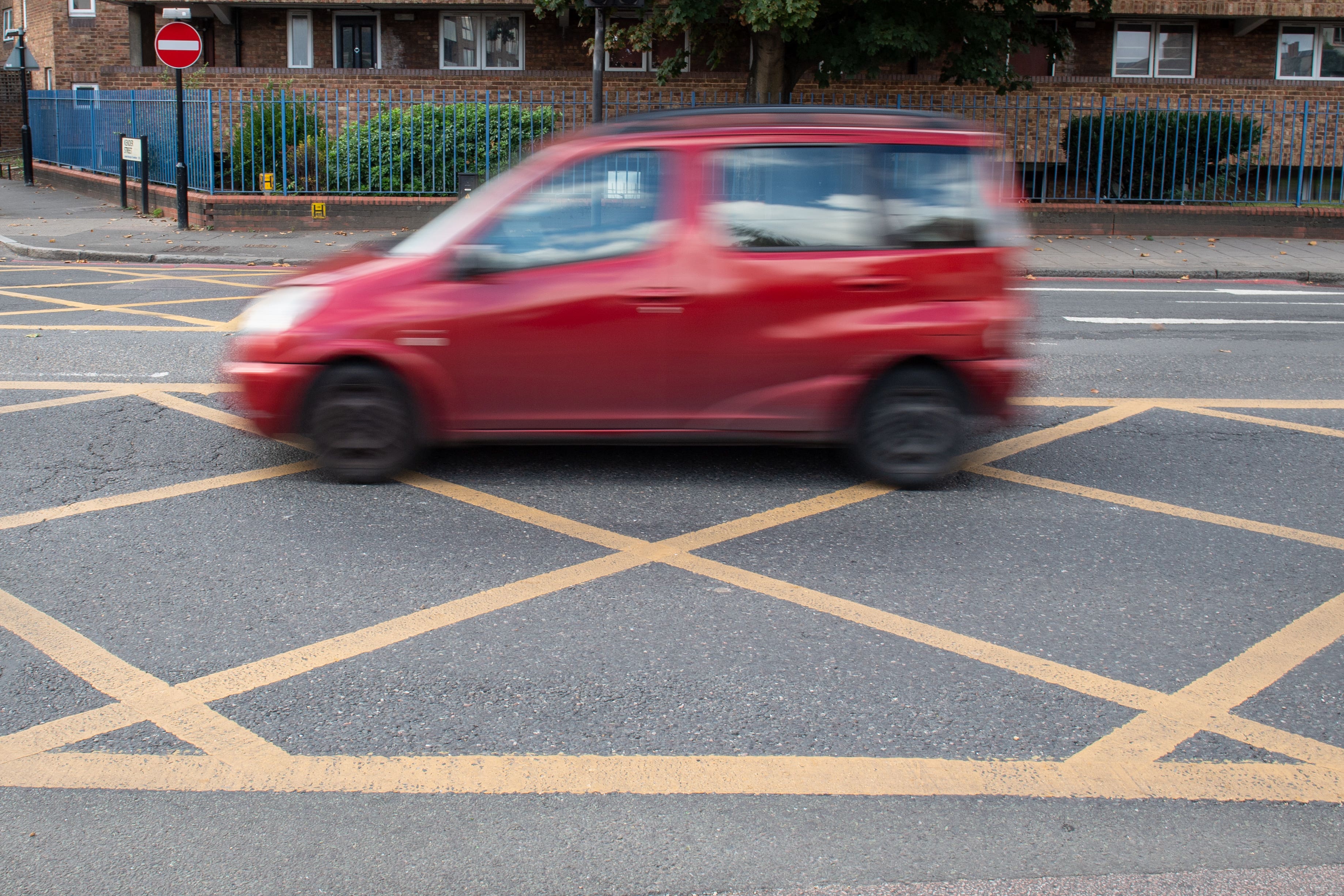More than half of UK drivers face fines for minor errors like U-turns
Around 10 million household could be affected in new laws for ‘moving traffic violations’

More than half of drivers face being fined for minor traffic violations in new powers granted to councils.
Around 10 million households could be affected by the new laws as dozens of councils apply for the right to fine motorists for “moving traffic violations”.
This includes getting caught in yellow boxes, making illegal U-turns or driving in bus lanes when not permitted.
Other offences include going in the wrong direction on a one-way road and making banned right or left turns.
Previously, only the 32 London Boroughs were able to give out such fines. However, laws passed in May 2022 let all councils across England and Wales apply for the enforcement powers.
Now, 85 of the 150 English authorities have the power to hand out fines of up to £70 for traffic violations. These were previously enforced by police.
In explanatory notes accompanying the law change, the Government said the change may help “improve air quality through reduced traffic congestion”, and “encourage behavioural shift towards sustainable travel choices” by improving bus reliability and making cycling easier.
The fines range from £20 for lower level penalties, and up to £105 for late payment of higher level penalties, such as bus lane contraventions, or parking a vehicle on a cycle path.
However, the AA have criticised the new laws, saying it would make drivers feel like “wallets on wheels”.
It comes as a recent study by the RAC found nearly all yellow box road junctions responsible for generating the most fines in London and Cardiff are larger than necessary.
The average box is 50 per cent bigger than needed, which means drivers risk being “fined unnecessarily”, according to the research.
Jack Cousens, head of roads policy for The AA, said: “Allowing more councils to impose fines for yellow box junction offences has resulted in some drivers feeling that they are seen as ‘wallets on wheels’ by their local authority. The reality is that the very best yellow box junctions and bus lanes are the ones that generate the fewest fines. That’s because road users quickly and clearly understand what is expected of them.
“The vast majority of drivers are law abiding and make honest mistakes, so providing warning letters to first time offenders would help educate the public whilst maintaining trust in town halls.”
A spokesperson for the Local Government Association, which represents councils in England and Wales, said: "Without this enforcement, all drivers would experience significant delays and frustration due to blocked junctions.
"Any revenues raised are a byproduct of keeping the roads clear, traffic moving and are reinvested back into local transport projects, in line with government guidance."
A Department for Transport spokeswoman said: “As part of our Plan for Drivers, we are committed to ensuring councils don’t unfairly penalise motorists to raise revenue, and are reviewing our guidance around yellow boxes to tackle overzealous enforcement.”
Join our commenting forum
Join thought-provoking conversations, follow other Independent readers and see their replies
Comments
Bookmark popover
Removed from bookmarks